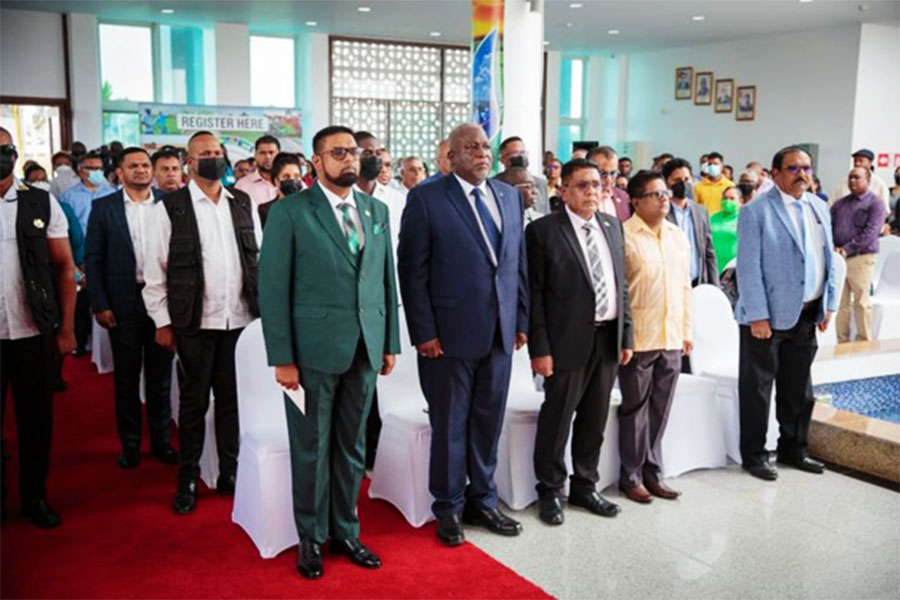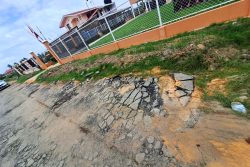Feedback realised by the Stabroek Business from frequent interaction with local agro-processors point to what they believe is a lack of structured official support for opening avenues that would allow for greater access to markets both in the region and beyond.
Discussants on the issue of expanding markets for what one agro-processor told this newspaper was the high-quality agro-produce being turned out by local enterprises, contend that some of the areas in which the sector is in need of more significant state support are domestic and international marketing of the sector and becoming ‘technically involved’ in raising standards in the sector.
Asked to define the concept of technical support in the context of the agro-processing sector, one contributor pointed to the need for government to invest in training for local agro-processors “to bring us to the level where our brands can compete with the best in the world,” while another said that the popularisation of Guyana brands required more investment in providing support for local agro-processors participating in “high-profile” international agro-processing product promotion events.
While the Ministry of Agriculture last week announced the commissioning of a $23 million agro-processing facility at Charity on the Essequibo Coast, reliable sources have told the Stabroek Business that there is evidence that the Charity facility among others that have been recently established by government are not yet in a state that allows for a sustained agro-processing production regime. Some of the stories revolve around the readiness of some of the equipment installed to enable the production processes whilst the Stabroek Business was told another story about bats occupying the ceiling of one of the facilities.
Agriculture Minister Zulfikar Mustapha, particularly, has been ‘talking up’ the new agro-processing facilities. A News Room story reporting him as declaring at the opening of the Charity facility that it had been created at “a cost of $28 million” and that it possessed “a production capacity of 24,000 litres of cassareep and 3,600 litres of sauces and seasonings per month” and that it would benefit “approximately 300 persons, farmers, women, youth, and other stakeholders.”
According to the News Room report, Minister Mustapha, in the course of delivering the feature address at the commissioning of the Charity facility had said that his ministry “continues to operationalise several agro-processing facilities across the country, realising the untapped potential of this industry.” This against the backdrop of reliable reports reaching the Stabroek Business that the facilities are not, at this stage, fully in a position to effectively support government’s envisaged agro-processing drive as part of the country’s mission not just to increase local food availability but to contribute to the region’s current high-priority food security pursuit.
In the course of this newspaper’s discourse with the agro-processors, the view was expressed that given the now favourable position in which the country’s oil-driven economy finds itself, there was ‘room’ for government to invest “more generously” in sinking resources into the growth of the agro-processing sector. At this juncture the view was expressed that some of the high-priority areas of focus should include the setting up of a facility operated by highly skilled marketing professionals and providing that facility with the resources to undertake high-profile initiatives designed to aggressively promote ‘Guyana brands’ regionally and internationally, while providing significant financial support for the acquisition of high-quality inventory that enables the manufacture of high-quality products.
One participant in the discourse recommended that government move to initiate the creation of an “advanced” agro-processing training regime locally, to which interested persons in the various regions could have access and which targets training of local agro-processors to a stage where their production lines can match “the best out there.”










